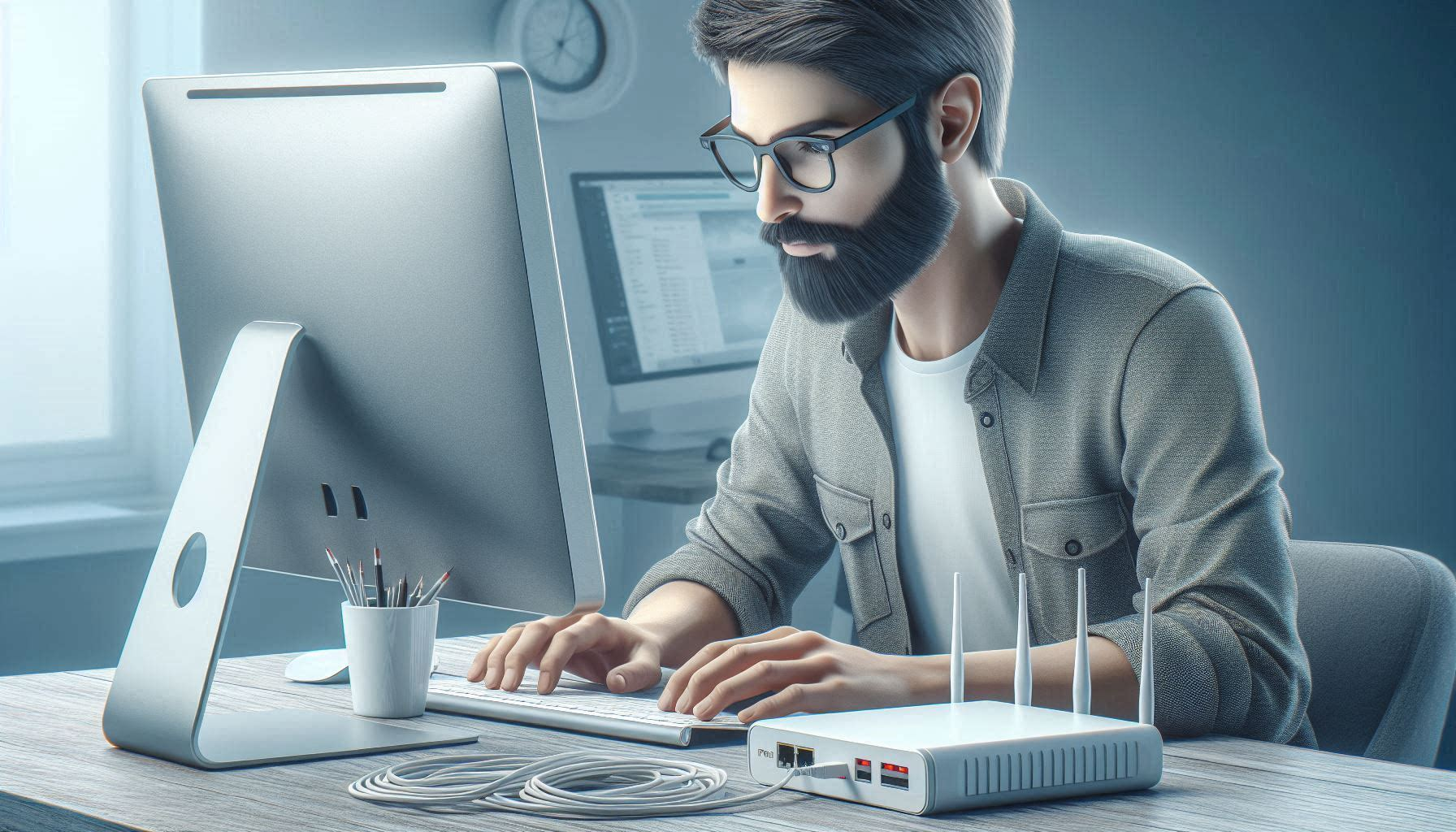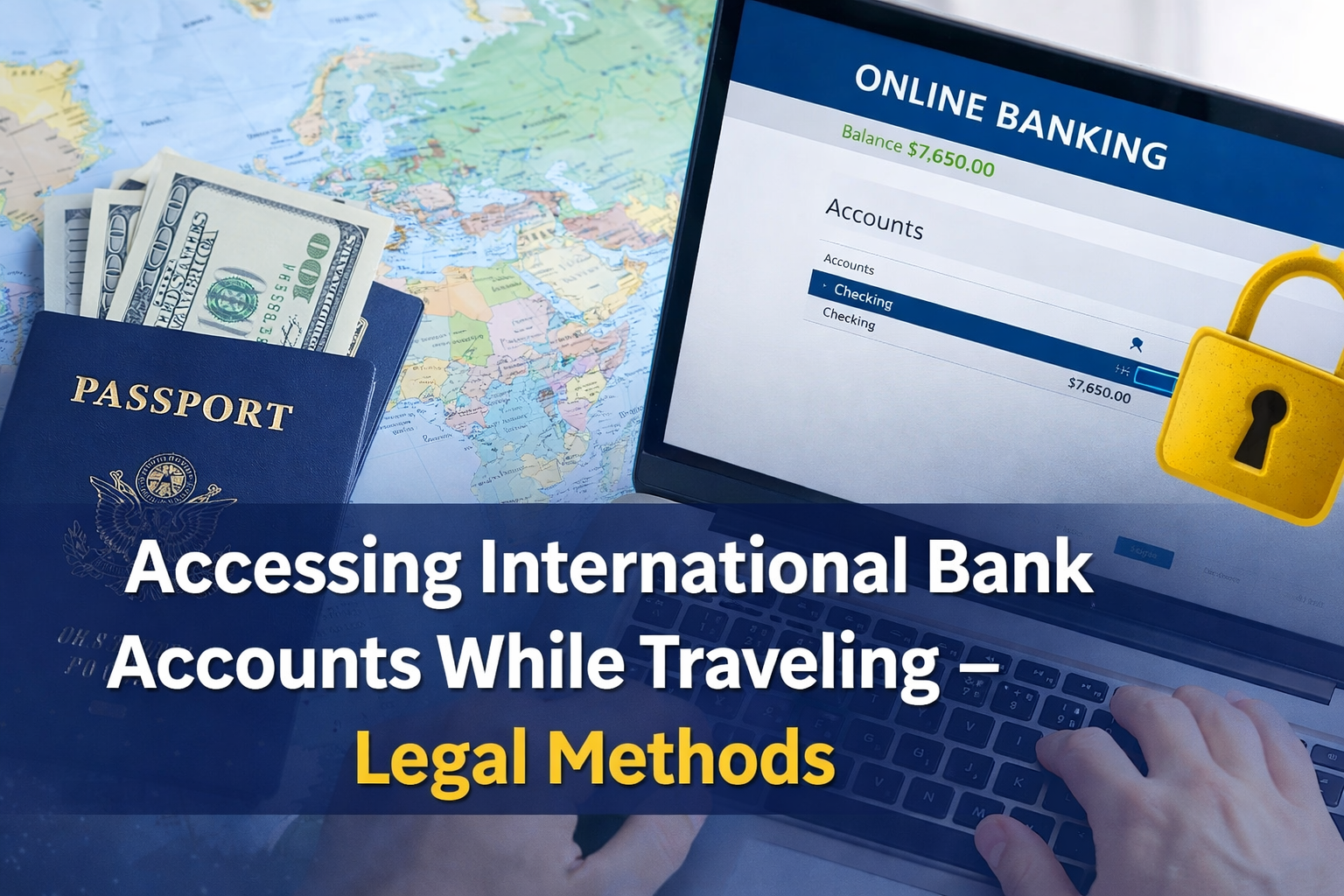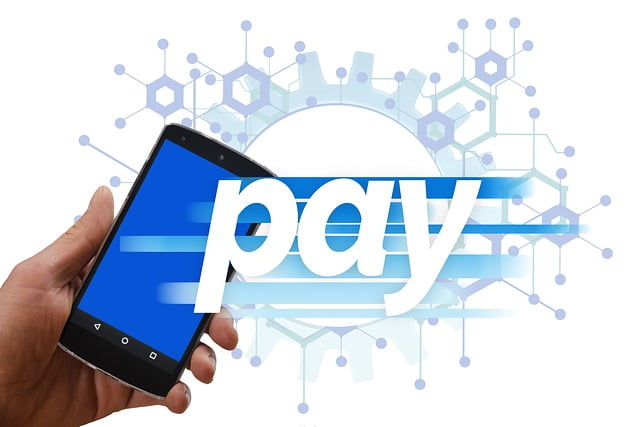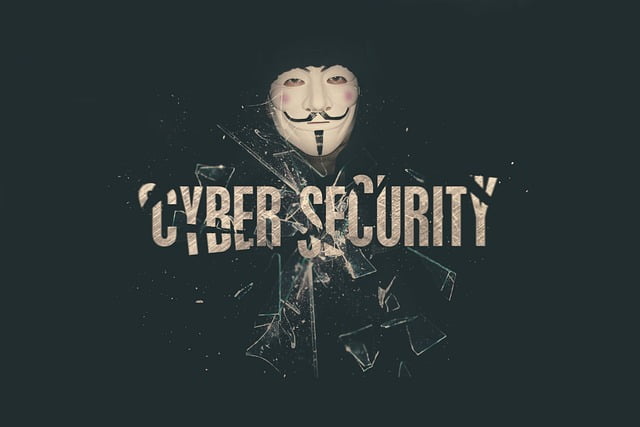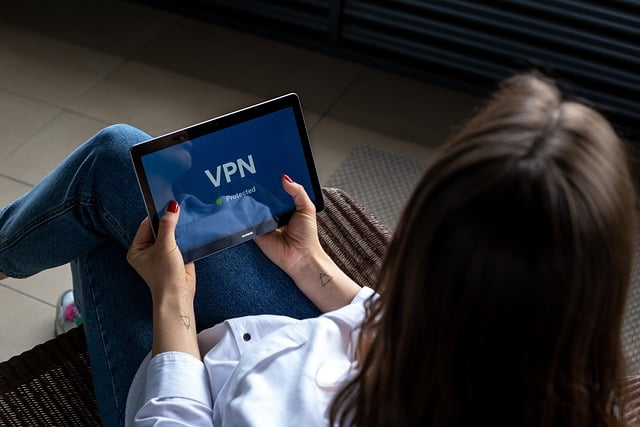Can I Use a VPN Without an Internet Connection?
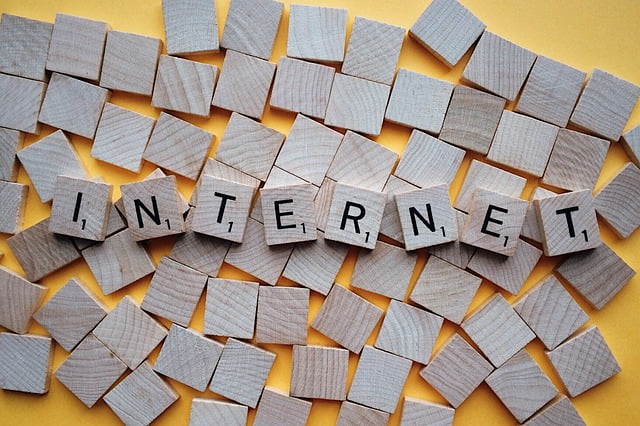
Virtual private networks, or VPNs, have become essential instruments in the constantly changing field of digital security for safeguarding online security and privacy. They allow you to access geo-restricted content, mask your IP address, and encrypt your internet data. But frequently, people wonder if they can utilize a VPN without an internet connection. This in-depth guide will go into this subject, examining the subtleties of VPN use and providing a thorough response to this important query.
How VPNs Work
VPNs operate by creating a secure tunnel between your device and the VPN server. Here’s a step-by-step explanation of how VPNs work:
- Data Encryption: When you connect to a VPN, your data is encrypted on your device before it is sent to the VPN server.
- VPN Server: The encrypted data is then transmitted to the VPN server. The server decrypts the data and forwards it to the intended destination (e.g., a website or online service).
- Data Transmission: The destination’s response is encrypted by the VPN server and sent back to your device, where it is decrypted and displayed.
This process ensures that your data remains private and secure, as it is encrypted during transit and cannot be easily intercepted by third parties.
Can You Use a VPN Without Internet?
The Simple Answer
No, you cannot use a VPN without an internet connection. A VPN requires an active internet connection to function because it relies on transferring data between your device and the VPN server over the internet. Without internet access, the VPN cannot establish this connection, rendering it ineffective for its primary purpose.
Why VPN Needs Internet
A VPN needs the internet for the following reasons:
- Data Transmission: VPNs transmit data through encrypted tunnels to secure servers.
- Server Connectivity: VPNs connect to remote servers to mask your IP address and location.
- Security Protocols: VPNs use various security protocols that require internet access to function effectively.
Scenarios for VPN Use Without Internet
Offline Network Security
While a VPN cannot function without an internet connection, certain scenarios might still benefit from VPN-like security measures in offline environments. For example, internal networks within a company can use similar encryption techniques to secure data exchanges among devices connected to the same local network.
File Sharing in Local Networks
VPNs can be set up in local networks to guarantee safe device-to-device communication and file sharing. This does not require an active internet connection, but it does still require some sort of network link.
VPN and IoT Devices
VPNs may be used by certain Internet of Things (IoT) devices to enable secure communication within a closed network. Once more, even though network connectivity is required, direct internet access may not always be necessary.
Benefits of Using VPNs
Even though VPNs require the internet to function, their benefits are numerous when online:
Enhanced Privacy and Security
Strong encryption is provided by VPNs to shield your data from hackers and illegal access. This is particularly crucial when utilizing public Wi-Fi networks, as these are frequently the targets of cyberattacks.
Bypassing Geo-Restrictions
VPNs allow you to access content that might be restricted in your region. This includes streaming services, websites, and other online resources that implement geo-blocking.
Anonymity
By masking your IP address, VPNs help maintain your anonymity online. This prevents websites and services from tracking your real location and activities.
Setting Up a VPN
Setting up a VPN is a straightforward process that typically involves the following steps:
Choose a VPN Provider
It’s important to choose a reliable VPN provider. Seek for suppliers with a user-friendly interface, a sizable server network, and robust security measures. Well-known VPN service providers include CyberGhost, ExpressVPN, and NordVPN.
Download and Install the VPN Software
Once you’ve chosen a VPN provider, download and install the VPN software on your device. Most VPN providers offer applications for various platforms, including Windows, macOS, Android, and iOS.
Create an Account
Sign up for the VPN service by creating an account. This usually involves providing an email address and setting up a password. Some VPN providers offer free trials or money-back guarantees, allowing you to test the service before committing to a subscription.
Connect to a Server
Launch the VPN software and establish a connection with the preferred server. The majority of VPN applications include a list of servers arranged by region and usage kind (e.g., torrenting, streaming). After deciding which server best suits your requirements, press the connect button.
Tips for Setup
- Choose the Right Protocol: Select a secure protocol like OpenVPN or WireGuard.
- Check for Kill Switch: Ensure your VPN has a kill switch feature to protect your data if the connection drops.
- Regular Updates: Keep your VPN software up-to-date to benefit from the latest security features.
Choosing the Right VPN
When choosing a VPN, consider the following factors:
Security Features
- Encryption: Look for strong encryption standards like AES-256.
- No-Logs Policy: Ensure the VPN provider does not log your online activities.
Server Network
- Global Coverage: A large server network with global coverage ensures better performance and more options for bypassing geo-restrictions.
- Speed: Check for server speed and performance, especially if you plan to stream or download content.
Usability
- User-Friendly Interface: The VPN should be easy to use, even for beginners.
- Customer Support: Good customer support is essential for troubleshooting and assistance.
Pricing
- Subscription Plans: Compare different subscription plans and choose one that offers the best value for money.
- Free Trials and Money-Back Guarantees: Opt for VPNs that offer free trials or money-back guarantees to test the service risk-free.
Common VPN Myths
There are several myths surrounding VPNs. Let’s debunk some of the most common ones:
Myth 1: VPNs Are Only for Techies
While VPNs were initially popular among tech-savvy users, they have become more user-friendly and accessible to everyone. Modern VPN applications are designed with simplicity in mind, allowing even non-technical users to set up and use a VPN with ease.
Myth 2: VPNs Slow Down Your Internet
While using a VPN might slightly reduce your internet speed due to encryption overhead, a good VPN provider optimizes servers to minimize this impact. In many cases, the speed reduction is negligible, and you can still enjoy fast and reliable internet connections.
Myth 3: Free VPNs Are as Good as Paid Ones
Free VPNs often come with limitations such as data caps, slower speeds, and weaker security features. Paid VPNs generally offer better performance, security, and customer support. Investing in a reliable paid VPN service ensures that you receive high-quality protection and a seamless online experience.
Potential Drawbacks of VPNs
While VPNs offer numerous benefits, they also have some drawbacks:
Cost
For those searching for free options, the fact that premium VPN services usually need a membership may be a turnoff. The improved security and privacy that a VPN offers, however, frequently make its price worthwhile.
Speed Reduction
VPNs can slightly reduce your internet speed due to the encryption process and the distance between your device and the VPN server. Choosing a VPN with a large server network and optimized servers can help mitigate this issue.
Complexity
Setting up and configuring a VPN might be challenging for less tech-savvy users, although many providers offer user-friendly applications to simplify the process. It’s important to follow setup instructions carefully and seek assistance if needed.
Advanced VPN Features
In addition to basic functionality, many VPNs offer advanced features that enhance security and usability:
Split Tunneling
You may select which websites or apps use your standard internet connection and which ones utilize the VPN connection with split tunneling. This function allows only sensitive traffic to be routed through the VPN, which can enhance performance and save data usage.
Dedicated IP Addresses
Some VPN providers offer dedicated IP addresses, which are unique to you and not shared with other users. This can be beneficial for accessing secure networks, avoiding IP blacklisting, and improving online reputation.
Multi-Hop VPN
For additional protection, multi-hop VPN, also referred to as double VPN, distributes your internet traffic across two or more VPN servers. With the additional encryption and privacy this function offers, it will be extremely harder for someone to follow your online activity.
VPNs for Different Use Cases
VPNs are versatile tools that can be used for various purposes:
VPNs for Streaming
To access streaming services like Netflix, Hulu, and BBC iPlayer—which can be blocked in their area—many users utilize virtual private networks, or VPNs. Fast speeds, dependable connections, and servers tailored for streaming are essential features of a decent VPN for streaming.
VPNs for Gaming
VPNs are used by gamers to lower latency, defend against DDoS assaults, and access games and servers that are geographically restricted. A good VPN for gaming should have fast servers, strong security, and minimal latency.
VPNs for Businesses
VPNs are used by businesses to protect sensitive data, enable secure employee communication, and secure remote access to corporate networks. Robust encryption, dependable connections, and solutions that are adaptable to accommodate the demands of the company are all essential features of a business VPN.
Legal Considerations When Using VPNs
Using a VPN is generally legal in most countries, but there are some legal considerations to keep in mind:
VPNs and Copyright Laws
VPNs can be useful for unblocking geo-restricted content, but it is against the law to use them to stream or download pirated content by getting around copyright laws. Always use virtual private networks sensibly and legally.
VPNs and Government Regulations
It may be forbidden or illegal to use a VPN in some nations due to their stringent laws on VPN usage. Before utilizing a VPN, it’s crucial to learn about and comprehend the local regulations governing VPN usage in your area.
Future of VPN Technology
The future of VPN technology looks promising, with ongoing advancements aimed at enhancing security, privacy, and usability. Here are some trends to watch for:
Improved Security Protocols
New and improved security protocols, such as WireGuard, are being developed to provide faster and more secure VPN connections. These protocols aim to reduce latency, increase speed, and enhance overall security.
Integration with Other Technologies
VPNs are increasingly being integrated with other security technologies, such as firewalls, antivirus software, and secure web gateways, to provide comprehensive protection against a wide range of cyber threats.
AI and Machine Learning
Artificial intelligence and machine learning are being used to enhance VPN performance and security. These technologies can help identify and mitigate threats in real-time, optimize server performance, and improve user experience.
Increased Adoption
VPN usage is predicted to rise as worries about internet privacy continue to mount. VPNs are anticipated to be used by more people and organizations to safeguard personal data and provide safe internet communication.
Conclusion
In summary, a VPN cannot function without an internet connection. VPNs require internet access to establish encrypted tunnels between your device and the VPN server. While they cannot be used offline, they provide significant benefits for online privacy, security, and accessing restricted content. By understanding how VPNs work and choosing the right provider, you can enhance your online experience and protect your data from cyber threats.
FAQs
1. Can a VPN work without an internet connection?
No, a VPN requires an active internet connection to function because it relies on transmitting data through encrypted tunnels to remote servers.
2. Can I use a VPN on a local network without internet?
While VPNs typically require internet, they can be configured to secure data exchanges within local networks, enhancing offline security.
3. Are there offline alternatives to VPNs for security?
For offline security, you can use encryption tools and secure communication protocols within local networks, similar to how VPNs operate online.
4. What should I consider when choosing a VPN?
Consider factors like security features, server network, usability, customer support, and pricing when choosing a VPN.
5. Do free VPNs provide adequate security?
Free VPNs often come with limitations and may not offer the same level of security, speed, and reliability as paid VPN services.
.
Loading newsletter form...

